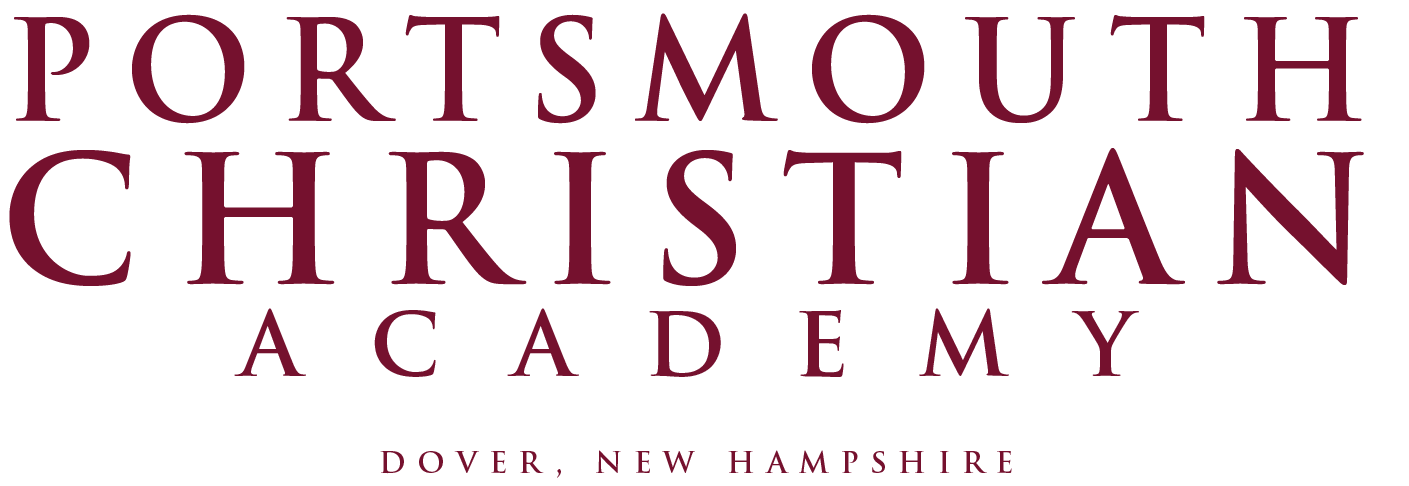Mondays with Mike Podcast: Student Culture Review
I hope you had a great weekend and a wonderful 1st Sunday of Advent. As I mentioned in last week’s message on 1st Quarter Results, I wanted to share with you the highlights of what your children in grades 5-12 told us about student culture at PCA. Click below to listen to my 10-minute overview on the survey results. You can read a summary of the podcast further down this message.
Assessing and Engaging Student Culture
As you reflect on what I am sharing, know I desire to keep a dialogue going across our school: teachers, parents, staff, and students. Your feedback and insights are valued as we partner together to help your children grow in faith, strength, knowledge, creativity, and relationships.
The following is a summary of my remarks in the podcast, it is not a full transcript.
Survey Motivation: Our aim in conducting this survey is to ascertain the depth of support students perceive through their student experience at PCA. We sought to gauge three things from your children’s perspectives: predictability, overall satisfaction, and the degree of enthusiasm our students have. We utilized a benchmark set of questions used by other schools like our (Christian as well as secular private) to gauge where we are.
Overall Positive, Strong results for the last two years: Across the spectrum, from fifth to twelfth grade, there is a prevailing sentiment of feeling well-supported within the PCA community. Notable strengths include a very high level of trust students place in their teachers, perceiving them not only as instructors who want them to succeed, but as ethical compasses, guiding them toward principled and biblical choices. Equally promising is the consensus that our assessment practices (tests, papers, etc.) are fair in your kids’ eyes, affirming our commitment to a biblically grounded educational paradigm they can navigate.
Broad Observations by Segment: 5th Grade remains very strong in almost all areas of culture. Middle School (grades 6-8) improved significantly across the board (prectcability/support; satisfaction; enthusiasm) and is now at-above benchmark on satisfaction and enthusiasm. Two areas that are strong and above benchmark across the board are school pride (reflecting enthusiasm) and that, given the choice, the would come again to PCA (reflecting overall satisfaction).
Challenges in Peer Dynamics: Our findings indicate an elevated incidence of unkind behavior among students. We didn’t expect this to such a degree. Instances of unkind have increased from the preceding year, demanding swift attention and targeted interventions, particularly in the realm of peer interactions. This reality undercuts your kids’ perception of predictability and support (in contrast to the strong support they feel from their teachers); it also explains in large measure their dip in looking forward to coming to school (when all others indicators generally point to a stronger desire to come to school each day).
Mitigating Upper School Concerns: While overall satisfaction levels remain good relative to other similar schools (Christian and secular private), challenges emerge, particularly from our Upper School students. They are clearly unhappy about the cell phone policy and the updated dress code (grades 10-12) The updates to the cell phone policy and dress code, primarily impacting the upper three classes, have contributed to a sharp drop in their feelings that the rules are fair and that they are enforced fairly; their comments reflect this. I discuss in the podcast some of the rationale behind the decisions, but the reality is that they are not happy with these aspects. We will continue to work with the student leaders and the student body on these issues, guiding them as we gently yet consistently hold the higher standards than they wish, which we believe is for their good.
Initiating Change: Addressing Unkindness. In discussing the unkindness, school leaders are committed to working with students as well as each other in clearly, gently, and consistently working to improve your children’s experiences with their peers. Sarcasm as a social tool among students will be an area of focus. We really need to get to the heart attitudes behind this behavior. While physical conflicts remain infrequent, the ongoing, subtle harm inflicted by the power of words, particularly sarcasm, is a focus of our response to a larger commitment to building and sustaining compassionate community, especially when they are struggling to get along.
Thank you for listening to this episode of Mondays with Mike. I hope you found it helpful. I am always open to your insights and perspectives; one way to connect with me is through the link below; it is also the same link on your parent portal, at the top, and on the QR codes on the many entrances to PCA.
Next episode: Being Christ-centered at Christmas at PCA. How teach, celebrate, and bring the hope of Christ to our students, families, and communities during this special season.
May God continue to bless and guide you and your children, as well as our school.


